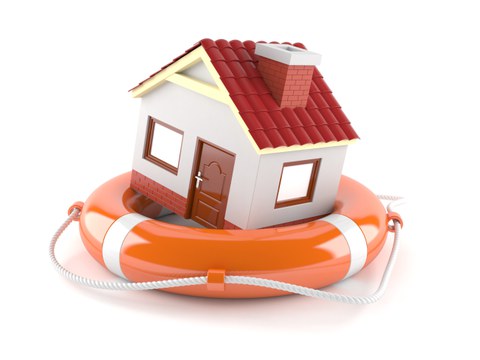Aug 16, 2021
Guest commentary in the Handelsblatt on compulsory insurance for natural hazards
The flood disaster caused serious damage in Rhineland-Palatinate, North Rhine-Westphalia and, in some cases, in Bavaria and Saxony. Linked to this, the question of compulsory insurance for natural hazards has also arisen again. After the Elbe flood in 2002, compulsory insurance was discussed once, but it was not introduced at the time. Around 46% of all buildings are currently insured voluntarily, although there are large regional differences. In a guest article in the Handelsblatt, Prof. Dr. Marcel Thum, Chair of Economics, esp. Public Economics and Head of the Ifo Dresden Branch, and Prof. Dr. Clemens Fuest, President of the Ifo Institute, deals with the question of how compulsory insurance should be structured in order for it to be helpful.
From the point of view of the authors, compulsory insurance could make economic sense if it is linked to premiums that are based on the individual flood risk and thus vary in amount depending on the location of a building. In order to create incentives to build buildings in such a way that flood damage is as low as possible, a deductible should also be provided. On the other hand, politicians often prefer flat premiums. The incentives to avoid particularly endangered areas are weakened as a result. Resilience to the consequences of extreme weather events would even decrease.
To the article "Does compulsory insurance help for natural hazards?" in the Handelsblatt from July 28th, 2021

